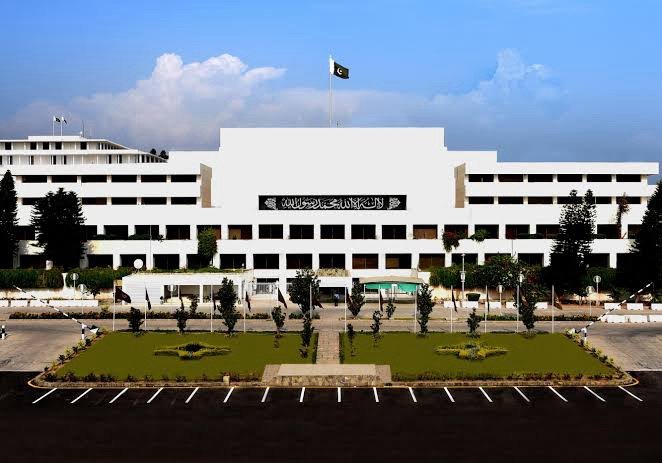National Assembly informed of ballooning debt amid discussions on trade, education, and economic reforms.
Key Takeaways:
i) Pakistan’s total debt reached Rs75 trillion in February 2025, comprising Rs51 trillion in domestic and Rs24 trillion in external debt.
ii) The Asian Development Bank (ADB) forecasts Pakistan’s economy to grow by 2.5% in FY2025, contingent on ongoing reforms.
iii) Pakistan faces significant educational challenges, including a large number of out-of-school children and disparities in access.
Islamabad, Pakistan – April 10, 2025 – Pakistan’s total debt has reached a staggering Rs75 trillion by February 2025, as revealed to the National Assembly on Wednesday. The Finance Ministry presented the concerning figures, highlighting the breakdown of Rs51 trillion in domestic debt and Rs24 trillion in external debt. This figure represents a significant portion of Pakistan’s GDP, with some estimates placing the debt-to-GDP ratio above 67% in early 2025.
The report also indicated that the Federal Board of Revenue (FBR) collected Rs820 billion in taxes from salaried individuals over the past three years. This includes Rs186 billion from government employees and Rs634 billion from those in the private sector. While the number of taxpayers has increased, with 194,000 new government employees and 550,000 private-sector individuals added to the tax net, the substantial debt figure raises concerns about the economic burden on Pakistani citizens. The Asian Development Bank (ADB) projects a modest economic growth of 2.5% for Pakistan in fiscal year 2025, contingent on the successful implementation of ongoing economic reforms Pakistan: Economy | Asian Development Bank.
During the National Assembly session, Parliamentary Secretary for Commerce Zulfiqar Ali Bhatti addressed trade policies, emphasizing the government’s commitment to improving the trade environment and boosting exports. New trade missions are planned for Tanzania and Mozambique to expand trade with Africa. Bhatti also mentioned efforts to secure market access through free trade agreements with various regions, including Central Asia, Turkey, Iran, Europe, and Russia. Pakistan is also engaged in discussions with the United States to address tariff-related issues and enhance bilateral trade Pakistan plans tariff talks with US as PM announces trade delegation to Washington.
While the number of taxpayers has increased, with 194,000 new government employees and 550,000 private-sector individuals added to the tax net, the substantial debt figure raises concerns about the economic burden on Pakistani citizens.
In other matters, Parliamentary Secretary for Finance Saad Waseem Sheikh informed the house that the federal government has provided over Rs600 billion to the Khyber-Pakhtunkhwa government for the development of former tribal areas. Additionally, the Higher Education Commission (HEC) has issued warnings to 145 unregistered educational institutions nationwide, with steps being taken to close them down. Pakistan’s education sector faces considerable challenges, including a high number of out-of-school children and disparities in access and quality Education System in Pakistan: Problems, Challenges, and Solutions 2025.




